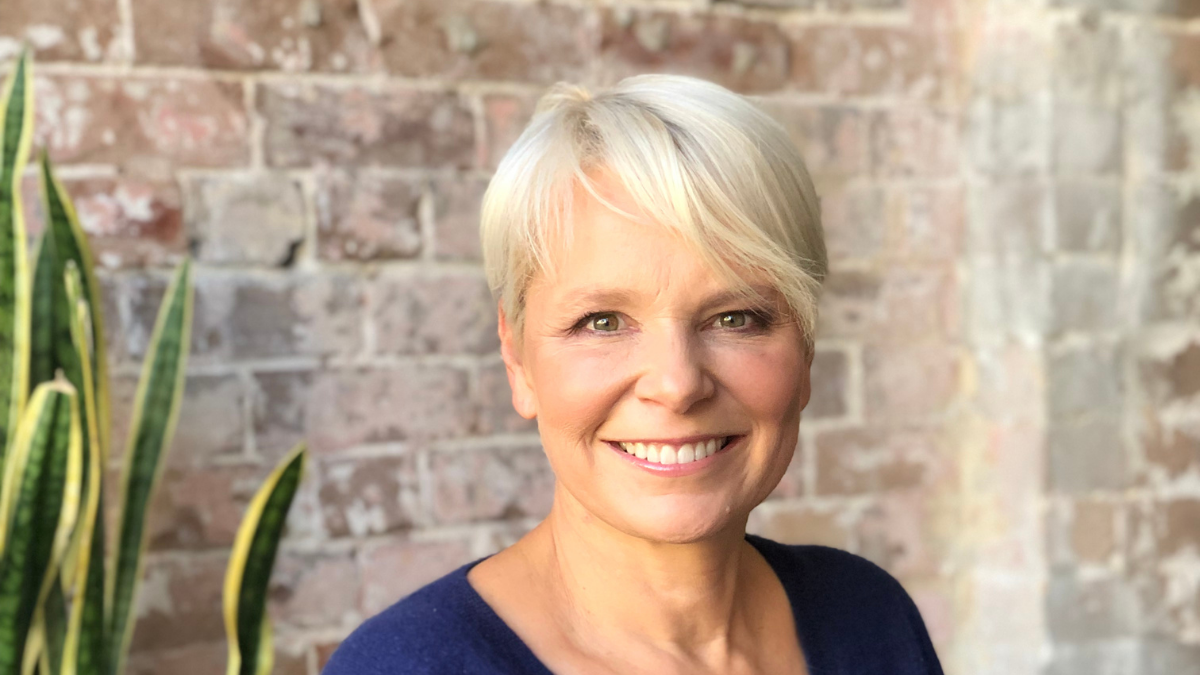Narelle Anderson is the Founder and Managing Director of Envirobank Recycling, an Indigenous-owned company that aims to incentivise bottle and can recycling. She has over 20 years of experience in recycling, having previously grown CBD Enviro Services twenty-fold before selling it to a public company. She is also a board member of the Australian Council of Recyclers (ACOR) and a founding board member of the Green Building Council of Australia.
We sat down with Ms Anderson to discuss Envirobank, her experiences as an Indigenous, female entrepreneur and how businesses can support Indigenous communities and business.
For Ms Anderson, recycling and cleaning the country has always been a natural fit with her cultural identity.
“As an Aboriginal person, caring for country is part of our charter. What better way to care for country than to participate in the recycling industry and educate and provide services to anyone also interested in caring for country,” said Ms Anderson.
“There are lots of ways to care for country, but I’ve chosen recycling because it’s part of my culture and it’s an easy, everyday task.
“It’s an authentic cause close to our hearts.”
However it has taken a long time to grow Envirobank to the scale and success it experiences today.
“We’ve been around for 12 years and the only state to have container deposit legislation at the time was South Australia. Fast forward to now, container deposit legislation exists in most states and we operate our recycling services in all those container deposit states.”
As an Indigenous-owned company, Envirobank has faced additional challenges whilst growing.
Ms Anderson notes that many companies may still hold an unconscious bias against Indigenous businesses.
“Sometimes there is an unconscious bias that Indigenous businesses are small businesses and don’t have the capability to do large contracts, but that isn’t the case. For instance, Envirobank is a sizeable business now.”
Ms Anderson believes that corporations must do more to actively engage Indigenous organisations through and beyond their Reconciliation Action Plans.
“I think one of the challenges as an Indigenous entrepreneur is getting the attention of organisations. The big corporates have their Reconciliation Action Plans, which is one thing. But what I’d like to see more of is those organisations with RAPs going about and actively trying to engage Indigenous organisations.”
“There are a lot of us out there.”
For instance, platforms such as Supply Nation can link companies to Indigenous-owned businesses.
“Supply Nation is a wonderful platform that introduces corporate clients to Indigenous businesses.”
However it is also important to ensure that businesses choose an Indigenous-owned company that has majority Aboriginal and/or Torres Strait Islander ownership.
“[Supply Nation] have a great audit process to make sure people on their platform are Indigenous-owned, so I would encourage more corporations to look at that.”
Moreover, Ms Anderson emphasises that many Indigenous-owned businesses are not only highly competitive but also focus on their social impact.
“Other Aboriginal businesses will also be connected either to country or to a social service. It is a charter of Aboriginal people to give back and look after each other.”
Keep up to date with our stories on LinkedIn, Twitter, Facebook and Instagram.

